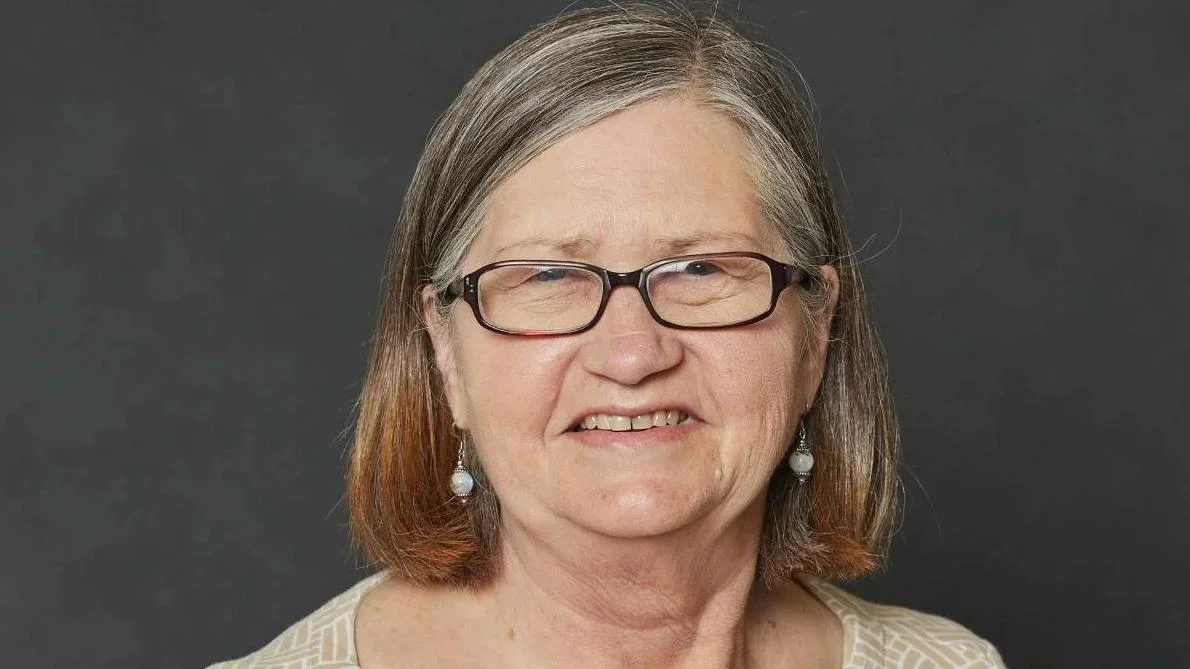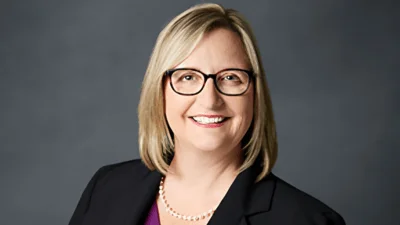Janice Corrigan, Director of Operations at Starved Rock Country Community Foundation | srccf.org
Janice Corrigan, Director of Operations at Starved Rock Country Community Foundation | srccf.org
This appropriation represents state-level funding authorized by lawmakers, reflecting what was approved in the budget, not necessarily disbursed. The funds cover only State of Illinois support and exclude federal, local, or other public sources.
Founded in 2015 by Chuck Beckett and Pamela Beckett, Starved Rock Country Community Foundation states that its mission is: “To improving and maintaining the quality of life for residents in and around LaSalle, Bureau and Putnam counties in Illinois.”
You can learn more about the organization at its website.
In its most recent IRS Form 990 filing filing for tax year 2024, the organization reported $1,666,850 in total revenue. Of that, $187,304 came from government grants including federal, state, or local sources, making up 11.2% of total revenue.
The nonprofit listed $1,316,960 in contributions overall. It also reported $1,129,660 categorized under other contributions, which may include restricted donations, pledges, or bequests.
At the beginning of 2024, Starved Rock Country Community Foundation had $1,531,690 in assets. By the end of 2024, that figure had changed to $2,419,690, indicating a significant 58% growth in overall holdings.
However, a Chicago City Wire analysis found that IRS filings frequently contain discrepancies when compared with publicly disclosed government grant reports and budgets.
Starved Rock Country Community Foundation is one of hundreds of nonprofits across Illinois that receive substantial support from state taxpayers while also fundraising privately.
In 2025, Illinois lawmakers introduced House Bill 1266, also known as the Department of Government Efficiency (DOGE) Act. The proposal would create a new oversight body within the Office of the Auditor General tasked with identifying cost-saving measures, reviewing agency performance, and advising on audit priorities. If passed, DOGE could bring additional scrutiny and performance evaluation to taxpayer-funded organizations.
According to ProPublica, Illinois has more than 78,000 active tax-exempt organizations, including nearly 60,000 classified as charitable nonprofits. In their most recent IRS filings, these groups reported a combined revenue exceeding $156 billion.
| Term | Name | Title |
|---|---|---|
| 2024-2024 | Deb Anderson | Director |
| 2024-2024 | E Michael Stutzke | Director |
| 2024-2024 | Francis Brolley | President |
| 2024-2024 | John Mccormick | Treasurer |
| 2024-2024 | Martha Small | Director |
| 2024-2024 | Norma J Cotner | Director |
| 2024-2024 | Pamela Beckett | Secretary |
| 2024-2024 | Pierre Alexander | Director |
| 2024-2024 | Reed Wilson | Chairman |
| 2024-2024 | Robert Hasty | Director |
| 2024-2024 | Robert Eschbach | Chairman |
| 2024-2024 | Sharon Schallhorn | Director |
| 2024-2024 | Shelly Carey | Director |
| 2024-2024 | Sue Schmitt | Director |
| 2024-2024 | Tara L Bedei | Director |
| 2024-2024 | Tom Heitmann | Director |
| 2024-2024 | Tracy Bedeker | Vice Chairman |
| 2024-2024 | William Hunt | Director |
| Year | Name | Title | Compensation |
|---|---|---|---|
| 2024 | Kate Ann Rosen | Administrative Assistant To Chief Executive Officer | - |
| 2024 | Pamela A Beckett | President | - |






 Alerts Sign-up
Alerts Sign-up